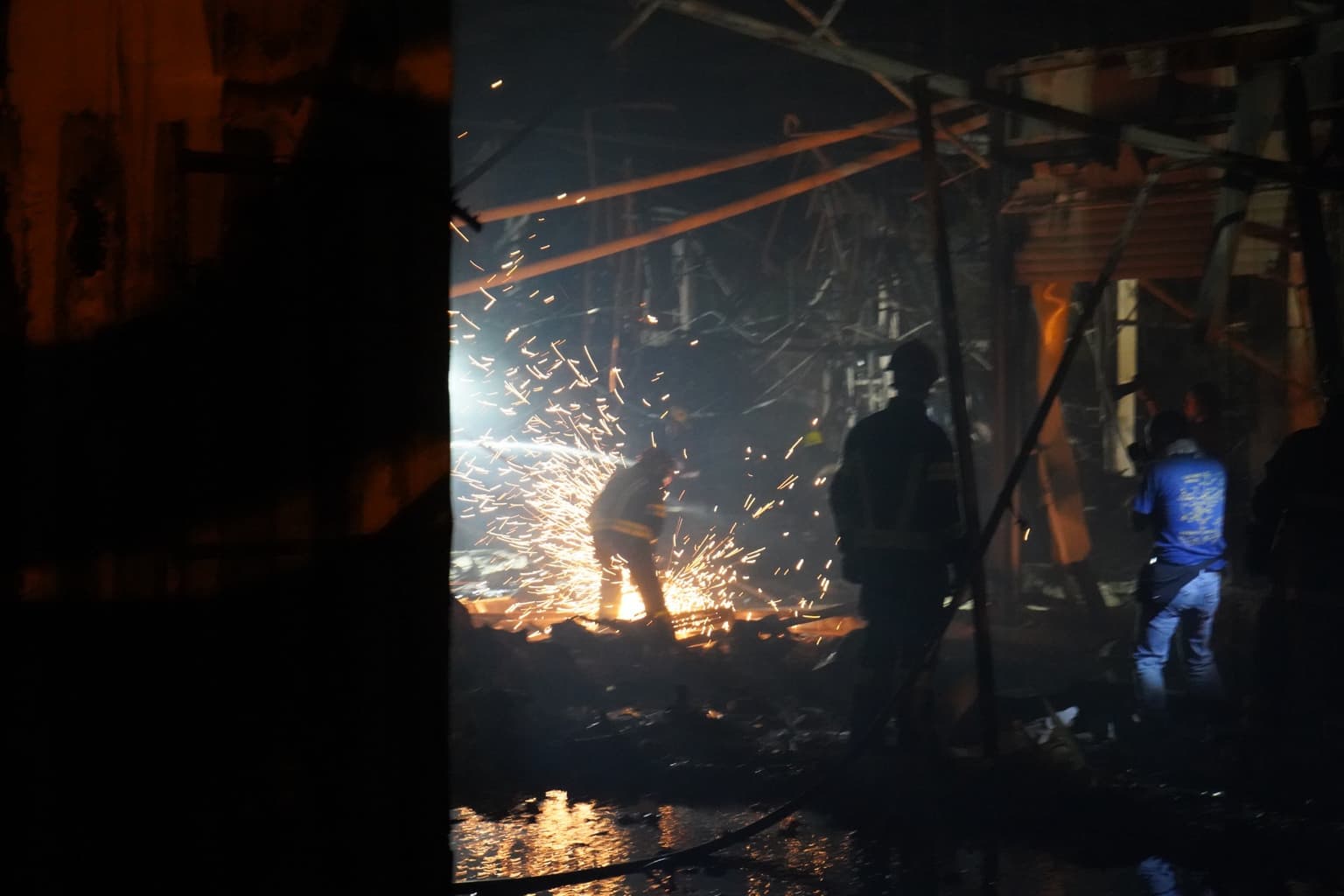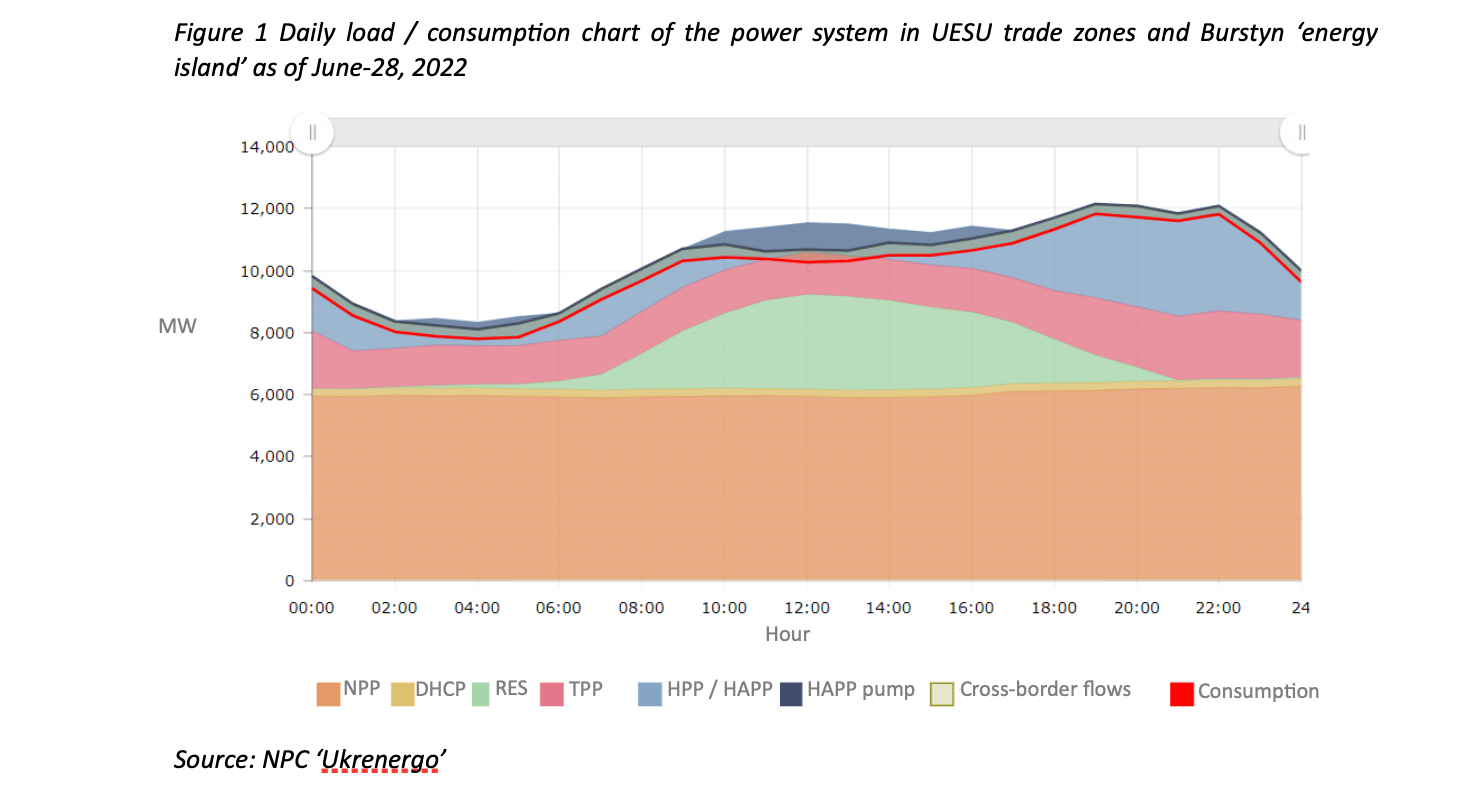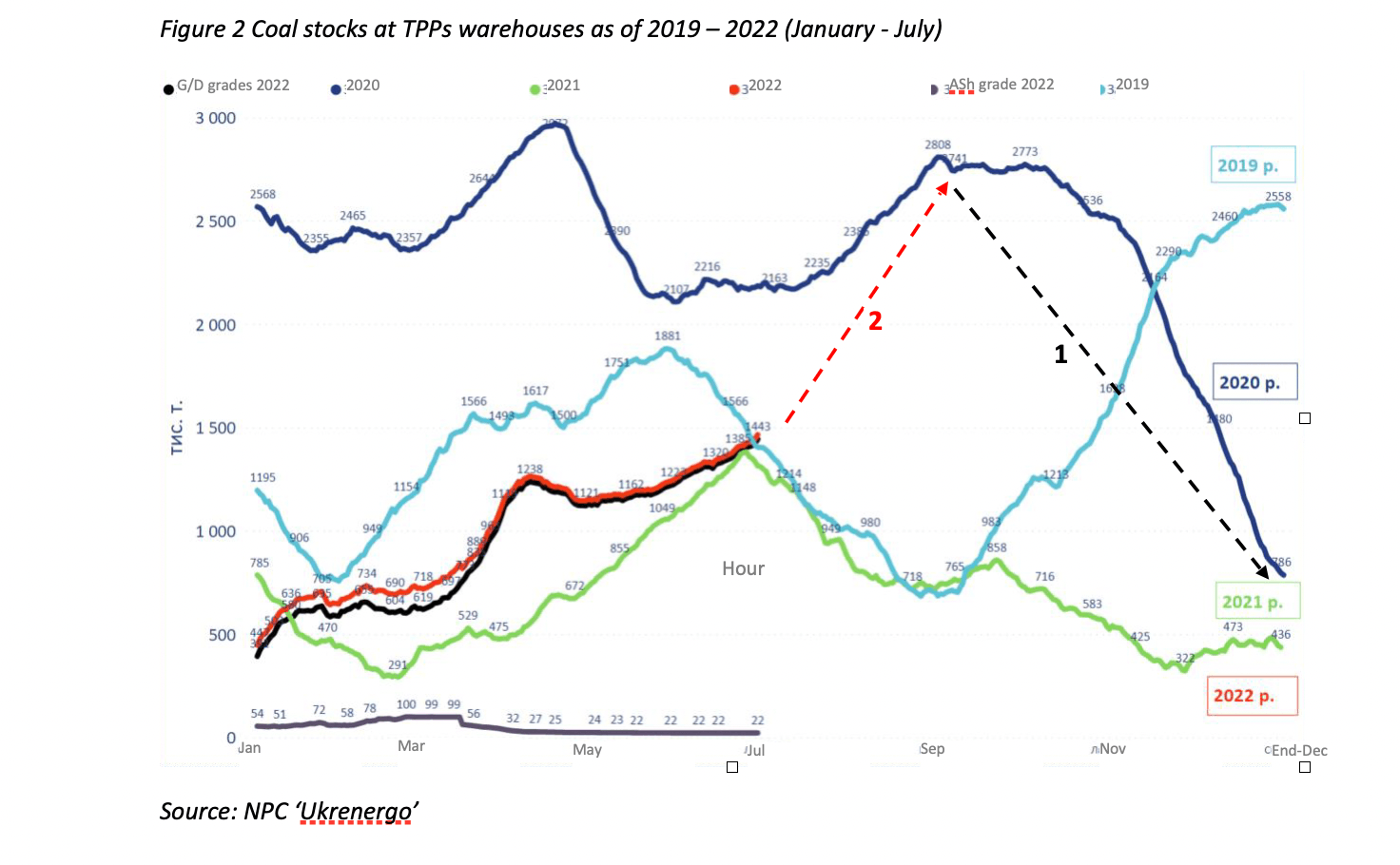Dmytro Naumenko: As winter approaches, the west remains a critical factor in Ukraine’s energy security

Editor’s Note: The opinions expressed in the op-ed section are those of the authors. They do not purport to reflect the opinions of the Kyiv Independent.
The fourth month of Russia’s brutal war with Ukraine has arrived, ruthlessly eroding Ukraine’s human and economic resources and putting into question the stable functioning of the nation’s power system.
Several of Ukraine’s power plants, including the largest nuclear plant in Europe, the Zaporizhzhia Nuclear Power Plant, have been seized by Russian forces. Even more electric transmission facilities have been damaged or destroyed by shelling.
Despite the losses incurred, Ukraine’s power system has demonstrated an unprecedented capacity for crisis management, adeptly balancing supply and demand considerations and providing Ukrainian-controlled parts of the country with electricity.
Ukraine’s electricity grid operator Ukrenergo managed to join the unified European electricity system ENTSO-E in record time, unlocking the potential for electricity sales to Europe in order to soften the energy shock and help bring in much-needed export revenues to Ukraine.
However, amid ongoing Russian aggression and soaring energy prices in Europe, winter is inevitably approaching. This raises two interconnected questions for Ukraine’s energy sector: from whom and for what price will Ukraine obtain fuel? With Russia out of the running, the West has ultimately become a critical factor in Ukraine’s fuel security.
The national energy system’s daily consumption (Figure 1) reveals that Ukraine’s power supply is currently backed predominantly by nuclear (half of total consumption), renewables, and hydropower. At the same time, the security of Ukraine’s energy supply is dependent upon the operation of large thermal power stations that prevent the entire system from total blackout. In order to function smoothly next winter, they will require coal and natural gas in sufficient quantities.

Ukraine’s ongoing cooperation with its Western partners to acquire coal and natural gas began in the aftermath of Russia’s annexation of Crimea and invasion of Donbas in 2014.
Since 2015, Ukraine has been supplied with additional shipments of coal and natural gas by partners in order to stockpile sufficient resources in the event of a full-scale Russian invasion. The intention behind the accumulation of these resources was to be able to cushion the initial shock should such an event occur.
In 2020, Ukraine’s stockpiles of coal and natural gas were significantly depleted, due in part to the turmoil plaguing the nation’s energy sector as oligarchs vied for control. The result was shocking: coal reserves fell from 2.8 million tons in Sept. 2020, to 400,000 tons in Jan. 2022 (Arrow 1, Figure 2).
With the onset of Russia’s full-scale invasion of Ukraine in Feb. 2022 came a tremendous impact on energy security worldwide. The Western sanctions intended to deprive Putin’s regime of energy revenues boomeranged back to hit Europe, which had been benefiting from Russia’s “privileged” energy prices for decades.
Where finding substitutes for Russian oil may tentatively prove to be manageable, Russia’s gas supplies to Europe have been used as leverage since the summer of 2021.
Attempts to replace Russia’s gas supply to Europe, as well as the deliberate limiting of gas flow by Russia via the Nord Stream 1 pipeline, have resulted in skyrocketing gas prices ($1,700/tcm in July) and an increased reliance on coal for thermal generation (~$400/ton in June compared to $100/ton one year ago).
Ukraine needs at least $8 billion to fund the import of 6 billion cubic meters of gas before the winter, and the situation with coal reserves remains precarious as Ukraine needs to double its supply over the next three months in order to reach the recommended level of Sept. 2020 (Arrow 2, Figure 2).

Caption
Ukraine is stepping into a difficult position this winter: current levels of gas production are not sufficient to fulfill the country’s needs, the production of coal is all but halted in war-afflicted Donbas, and imports to Ukraine are restricted by global actors attempting to adapt their energy strategies to the “new normal.”
The West’s response to Russian aggression should take into account Ukraine’s survival of the upcoming winter, as well as develop high-level commitments to ensure that Russia is kicked out of the global energy market.
Russia’s full-scale invasion of Ukraine has become the grimmest war of attrition seen in Europe since WWII. As the war gains momentum, the strengthened energy resilience of Ukraine and Europe will serve as one of the most important cornerstones toward Russia’s eventual defeat.
The West must remain united at this moment and mobilize all resources possible to this end, including energy.
Dmytro Naumenko is a Senior Analyst at the Kyiv-based think tank 'Ukrainian Centre for European Policy' (Ukraine) where he is covering the issues of the national gas market reform, power sector functioning and energy efficiency. He's also a Local Consultant in the Berlin-based consultancy company 'Berlin Economics' where he contributes to applied policy advise to Ukrainian government regarding the energy efficiency policy in residential buildings.










